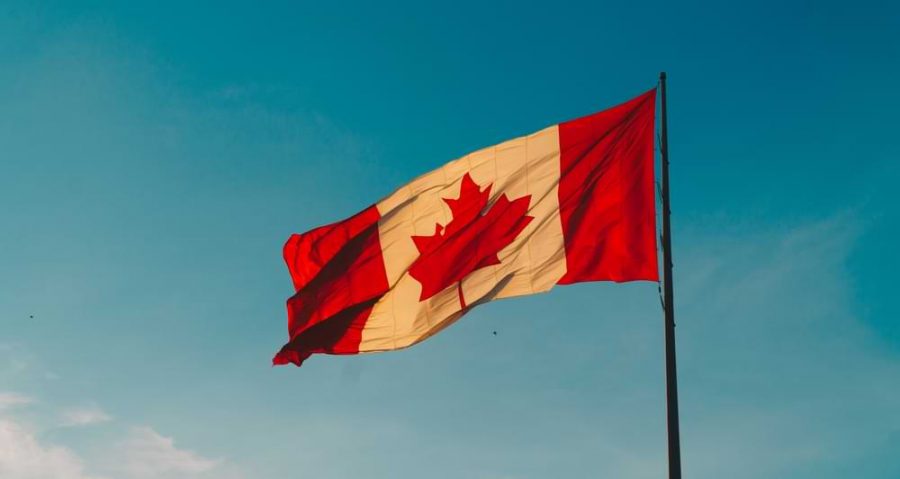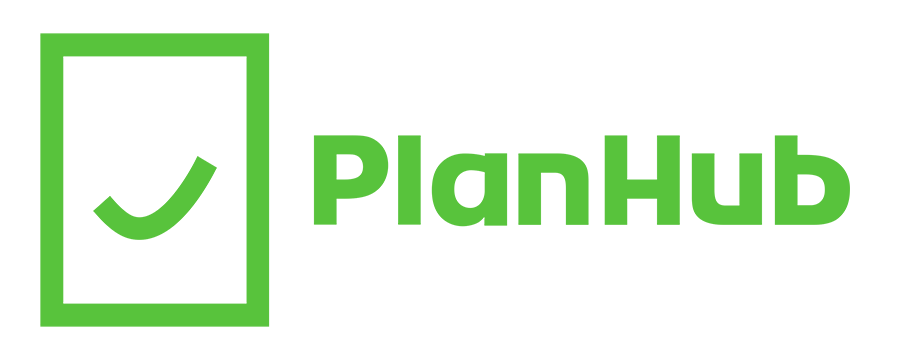With the Federal election approaching on September 20th 2021, millions of Canadians have already cast their vote in the advanced polls. Regardless, the majority of the country will go out and cast their vote on the 20th. With so many citizens still undecided, the 2021 election is gearing up to be a very tight race. From the ongoing pandemic to the global climate crisis, this year’s election is focusing on an abundance of issues. Throughout this article, we’ll try to outline every major party’s stance on internet and phone rates. These electoral promises on telecommunications are very important to certain voters, and could influence their decision. If you’re still an undecided voter, make sure to do your research, watch the debates, or read up on the party platforms.
The Liberal Party
Prime Minister Trudeau has acknowledged that Canadians pay too much for cell phone plans for years. During the 2019 Federal election, Trudeau and his party promised that he would lower mobility bills for Canadians if he was re-elected. As we all know, Trudeau won the election and attained a minority Liberal government. As prices have slowly started to drop, Canadians are concerned that they will go back up. In 2019, the CRTC agreed to prevent telecom giants like Bell from inflating the market’s prices. However, after repealing their promise, they have upset independent providers and citizens across the country. The Liberal Party has acknowledged the disappointment caused by the CRTC’s decision, and will continue to work towards making cell phone and internet plans more affordable.
In addition to lower prices, the Liberal Party’s platform has promised to continue investing in internet infrastructure in order to provide rural communities with high-speed internet access. Prime Minister Trudeau has acknowledged the discrepancy especially in First Nations communities, and aims to create a more connected Canada. Improved infrastructure has been a priority since Trudeau took office, as the party has invested over $8 billion towards the cause since 2015.
New Democratic Party
As leader of the New Democratic Party Jagmeet Singh has made his party’s intentions very clear in regards to the telecom industry. Following the repeal of the CRTC’s decision, independent telecom providers have banded together to speak out against them. Spearheaded by the Ontario-based company TekSavvy, they have organized many campaigns and initiatives to raise awareness about the harmful effects of the CRTC’s decision. The NDP stands by TekSavvy and fully supports their cause. If elected, Singh has promised to introduce new policies that would force the CRTC to reassess their decision. As a result, the industry giants would not be able to control the rates of the smaller companies. By establishing laws that direct the CRTC’s actions, Singh and the NDP hope to lower rates for users across Canada. In the meantime, Canadian websites like Planhub can help users find the cheapest, most affordable internet and mobile plans.
The NDP has also acknowledged the lack of adequate internet access across Canada’s rural communities. They believe it is an urgent matter that they have promised to fix within the next four years if elected. In addition, they feel as if the Liberal government is allowing the industry giants to “gouge” consumers with unfairly high prices. To counter this, Singh has promised to establish a price cap for internet and mobile bills. This way, Canadians will never have to pay more than the global average for their telecom services. Finally, the NDP has promised to create a Crown Corporation to deliver affordable telecom services across the country, as well as Telecom Consumers’ Bill of Rights to put an end to price gouging.
The Conservative Party
Although the Conservative Party has not made any explicit statements regarding the controversial CRTC decision, their party has still made electoral promises on telecommunications. Like their competitors, they have promised to lower cell phone and internet prices for Canadians. They hope to achieve this through four major actions (accountability, competition, access, investment). The Conservatives will hold the major telecom companies accountable for being anti-competitive, and instead promote competition by allowing foreign telecom companies to serve Canadians. Additionally, they will provide increased high-speed internet access to all Canadians, and invest in more local companies to combat the industry giants.
More specifically, Erin O’Toole’s party has labelled high-speed internet access as a necessity, not a luxury. As a result, they are aiming to provide high-speed internet access to the entire country by expanding our digital infrastructure. The country hopes to meet their goal by 2025, and connect all urban and rural communities nationwide. If you want to learn more about the Conservatives promises, read their entire Recovery Plan.
Lastly, the Conservative Party is openly opposed to Bill C-10, which discusses internet regulation laws. Erin O’Toole’s party has announced that they will work tirelessly to shoot down the bill, which they believe will strip rights of privacy from Canadian citizens. The Conservative Party will fight against the bill, which opens the doors to limiting freedom of expression on certain social media platforms. In sum, the Conservatives heavily value privacy and freedom of speech via online platforms.
The Green Party
The Green Party has promised to improve rural communities by investing in national broadband connectivity. Their platform ensures that even residents in the most remote areas of Canada will have proper internet access. Annamie Paul’s party has promised to reimagine and innovate the Canada Post. They will introduce key innovations like banking, charging stations and high-speed internet hubs. With these hubs, they can expand upon the Canada Post, create more jobs, and provide easy access to rapid internet in public spaces.
Further, the Green Party has listed several promises in relation to the CRTC. As mentioned in Bill C-10, the party will continue to regulate which streaming services will be available in Canada. Further, they will encourage more involvement from non-profit and independent TV stations, as well as invest more in CBC. Lastly, the Green Party wishes to establish an Independent Commission to focus on media ownership within Canada, with the goal of learning how to diversify national media ownership.
The Bloc Québécois
The Bloc Québécois’ 2021 platform has mentioned their wishes to replace the CRTC within the Quebec. Ideally, the CRTC would continue to oversee the rest of Canada, while Quebec would establish its own, independent version. Yves-François Blanchet proposed this idea due to the party’s independent values. As its own nation, Quebec should not entrust its cultural identity to a neighbouring nation. As a result, Quebec’s version of the CRTC would likely encourage increased broadcasting of productions made within Quebec.
In addition, the Bloc has acknowledged that high-speed internet access should be considered as an essential service. Throughout the ongoing pandemic, the party has promised Canadians equal access to rapid internet, regardless of their geographic location. They have publicly addressed the active Liberal government to take action in these matters, and force all Canadian providers to cap the costs of internet and cell phone plans to make them more accessible. Additionally, they have demanded to speed up the deployment of optical fibre (and other related technologies) which will allow for high-speed internet across the more poorly equipped rural regions of Canada.
Conclusion
Overall, each major Canadian party has their own electoral promises on telecommunications. Regardless, we encourage you to go out and conduct your own research on all the political candidates and the issues that concern you. Fortunately, all their platforms and promises are easily accessible online. Above anything else, don’t forget to go out and vote on September 20th!






